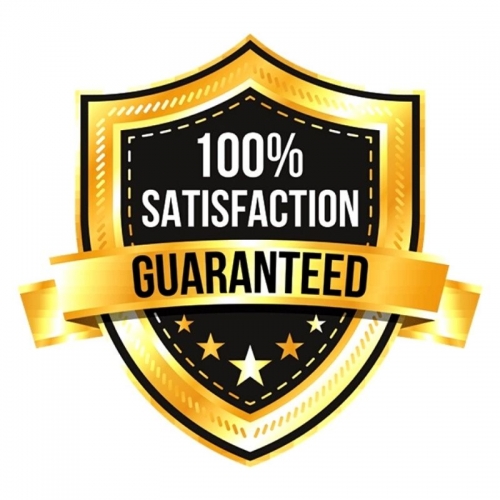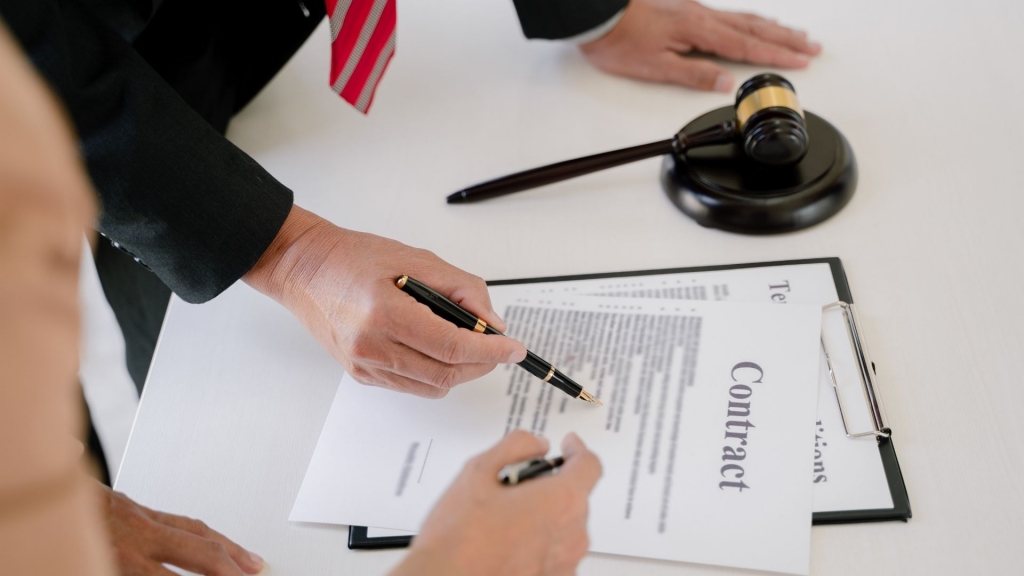How Much Money Does It Take to Start a Business?
Think you need hundreds of thousands of dollars to start a business?
You may be surprised at how little you may need to get up and running—some experts say as little as $100.
Ask small-business owners how much it takes to start a business, and you’ll hear a wide range of answers.
Although there may not be consensus on a magic startup figure, several entrepreneurs offered advice for figuring out how much you’ll need. Almost unanimously, they indicated that it’s probably more than you think.
So, where do you start? Try one or more of these approaches.

Add Up the Basics
You need to start someplace, so begin by making a list of the necessary equipment, materials, workspace, and advisors you’ll need—your must-haves, not your nice-to-haves. The basics generally include:
- Technology to operate the business, such as a computer, software, phone, printer, and internet service;
- Your checklist (what you’re selling), if you’re selling products, including your raw materials, equipment, and storage space;
- Advisory fees, such as for legal counsel to form your company and file any necessary permits and licenses, and an accountant to do your taxes;
- Marketing, including anything to promote your new business and attract customers;
- Office stores, such as a filing cabinet, document, toner, and anything else to keep you functioning;
- Workspace, if you can’t run your business from your home;
- Labor costs, including what you’re paying yourself and anyone else to support you;
Babson College studied what entrepreneurs typically invested to launch and reported that the median amount was $13,000 as of 2015, with entrepreneurs putting up 72% of that, or $9,360. The rest was provided by outside sources, from banks to family members.
Other studies report numbers all over the map, from $3,000 to more than $50,000, depending on your industry. So every business is different.
Start With What You Have
Diane Schuirman-Hagedorn, principal at B2B Words You Need to spend about $600 on the basics she required to operate her company, namely business support, software, and a new website. She had everything else, she says, including an “existing laptop, home office, phone, headset, etc.” Those items made it likely to be working with little spent but were not necessarily enough to grow. So she invested about $10,000 in “courses and coaching” created to help her work her business and develop revenue.
Related: LLC (Limited Liability Company) – Start an LLC Online
Double It
Double what you think your startup costs will be and cut your projected revenue in half for year one.
Since you don’t know what you don’t know at the outset, you’ll inevitably pay a “tax” for that oblivion. So set aside more than you think you’ll need and “ask a lot of questions in advance so that ‘tax’ isn’t too high.”
Set Conservative Sales Targets
Many companies are forced to shut down after only a few years because their sales projections were too enterprising.
Their startup expense estimates may have been on target, but they expected sales to come in faster than was real. To prevent this, look as closely at your revenue projections as at your startup estimates.
Anticipate Surprises
Expenses that some entrepreneurs overlook to take into account include access, surcharges, and insurance. Don’t forget to include them in your tally. Trying to scrimp and not pay them can put you out of company quickly if you’re caught.
Attend Industry Conferences
Try to attend industry conferences before you finish your business plan.
There u can have useful information about the niche u are starting to operate and much more insight information on prices and cost of business.
So what does it cost to start a business?
It can cost as little as a few hundred dollars if you’re already prepared technology-wise to run a service business, or $2 million, or more if your goal is to buy an established franchise.
But the median amount is less than $15,000.
Ready to start your LLC?


